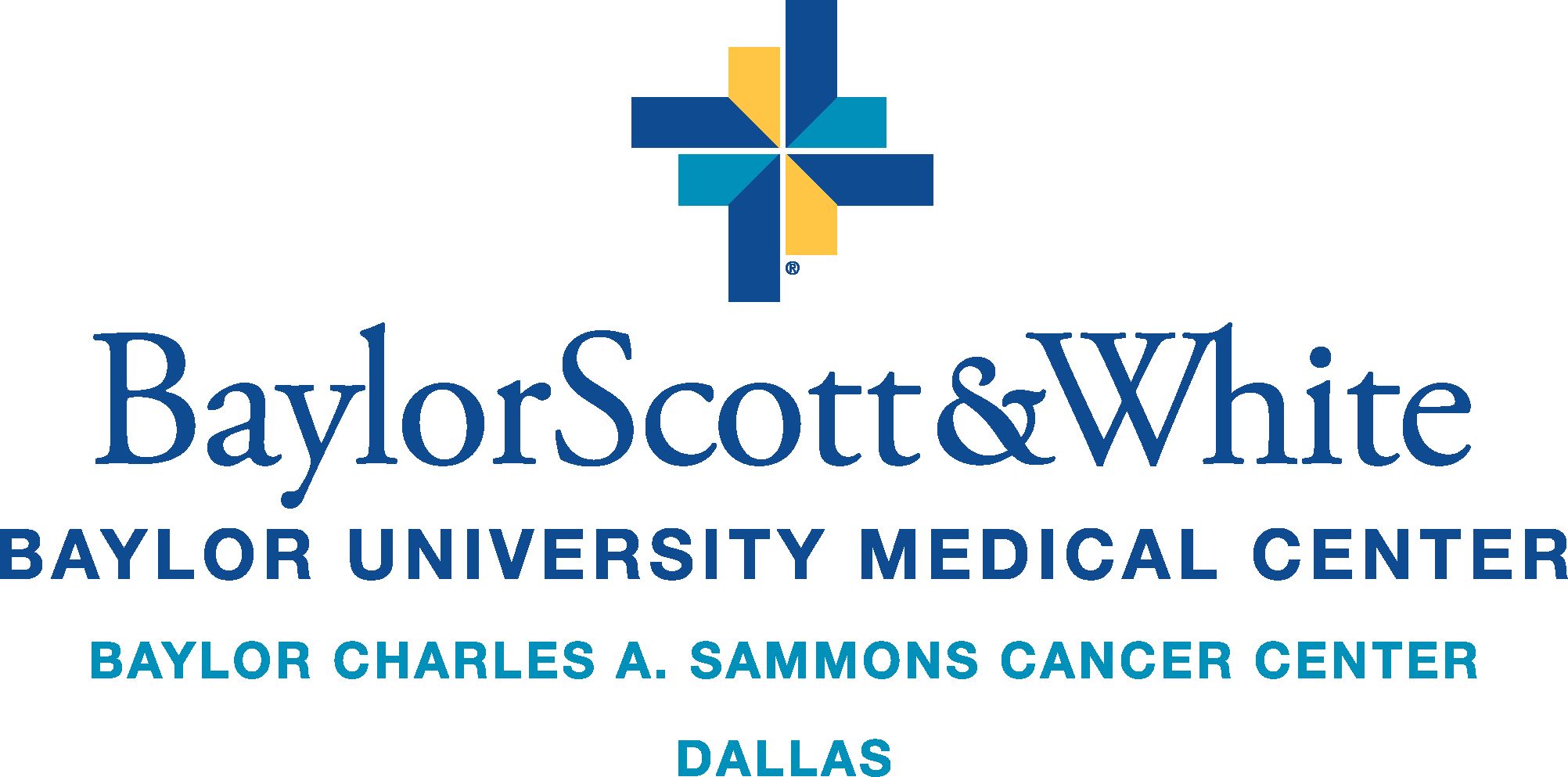
Dr. O'Shaughnessy on Key Results From the EMERALD Trial in HR+/HER2- Breast Cancer

Joyce A. O’Shaughnessy, MD, discusses key results from the phase 3 EMERALD trial of elacestrant, and the potential effects of the agent’s approval on the use of oral selective estrogen receptor degraders for hormone receptor–positive, HER2-negative breast cancer.
Joyce A. O’Shaughnessy, MD, co-chair, Breast Cancer Research, chair, Breast Cancer Prevention Research, Baylor-Sammons Cancer Center, The US Oncology Network; member, Scientific Advisory Board, US Oncology Research Network, discusses key results from the phase 3 EMERALD trial (NCT03778931) of elacestrant, and the potential effects of the agent’s approval on the use of oral selective estrogen receptor degraders (SERDs) for hormone receptor (HR)–positive, HER2-negative breast cancer.
The oral SERD elacestrant was previously granted priority review status by the FDA based on findings from the EMERALD trial, which compared the efficacy and safety of elacestrant withstandard-of-care (SOC) fulvestrant (Faslodex) or an aromatase inhibitor in patients who had progressed on prior endocrine therapy. Results from the trial showed that elacestrant elicited a statistically significant improvement in progression-free survival (PFS) in the intent-to-treat (ITT) and ESR1-mutant populations compared with SOC agents, O’Shaughnessy states. Moreover, a longer duration of prior CDK4/6 inhibitor treatment was associated with better survival outcomes with elacestrant. This indicates that patients with ESR1 mutations who are endocrine sensitive will benefit most from treatment with this agent, O’Shaughnessy explains.
As the first oral SERD to demonstrate an improvement in PFS for HR-positive, HER2-negative breast cancer, the approval of elacestrant could change the current treatment paradigm, O’Shaughnessy says. The FDA is slated to decide on the drug’s application by February 17, 2023. Although elacestrant is currently the only oral SERD with positive, phase 3 clinical data, research with other oral SERDs is forthcoming, O’Shaughnessy continues. For example, a randomized phase 2 trial showed that the oral SERD camizestrant showed positive results in both the ITT and ESR1-mutant population compared with fulvestrant.
The approval of elacestrant would provide an oral alternative to fulvestrant for patients with endocrine-sensitive metastatic breast cancer, regardless of ESR1 mutation status, O’Shaughnessy says. This benefits patients in the second line who have done well on previous treatment with CDK4/6 inhibitors and are progressing with bone-only disease. The approval would also provide a much-needed single-agent endocrine therapy for patients who develop an ESR1 mutation after treatment with aromatase inhibitors, O’Shaughnessy notes.
Current research with elacestrant, such as the phase 1b/2 ELEVATE trial (NCT05563220), aims to investigate its use in combination with agents such as alpelisib (Piqray), everolimus (Afinitor), palbociclib (Ibrance), and ribociclib (Kisqali). Efforts to move this agent into the adjuvant setting are also ongoing, O’Shaughnessy concludes.






































